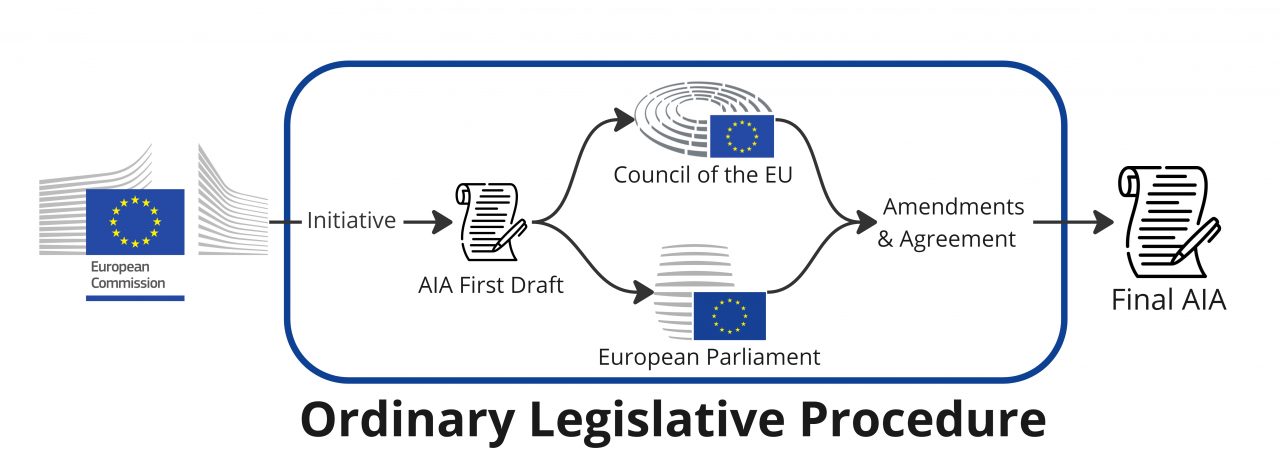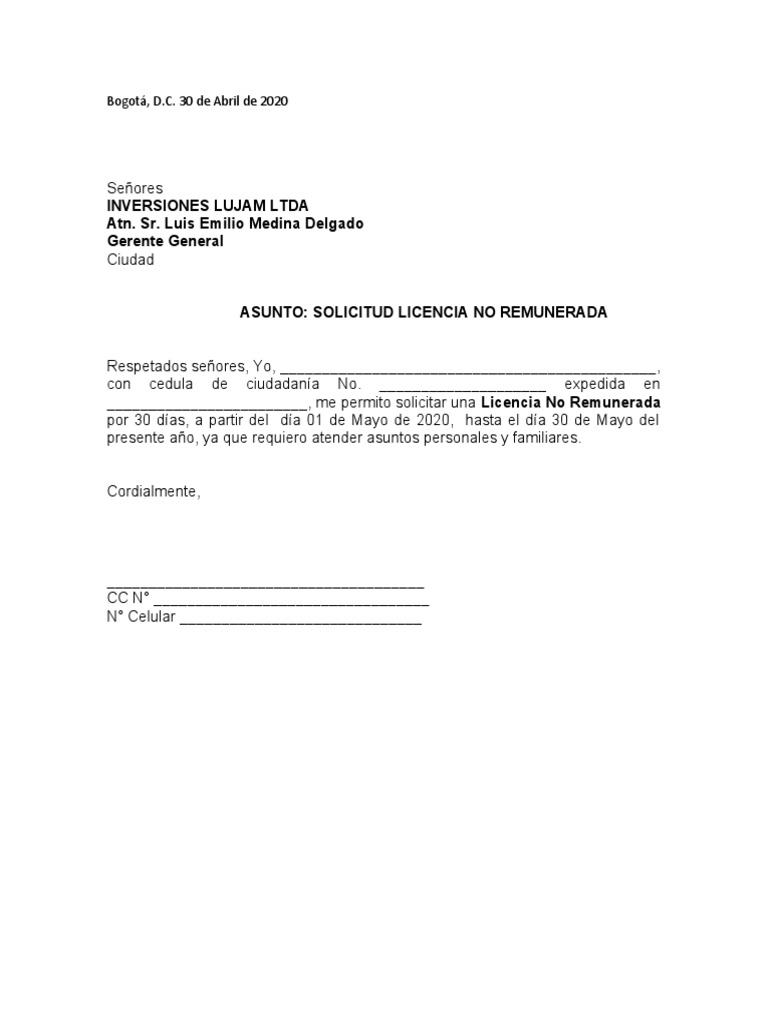Should You Return To A Company That Laid You Off? A Practical Guide

Table of Contents
Analyzing the Reasons for Your Layoff
Understanding why you were let go is the first crucial step in deciding whether to return. Was your layoff due to performance issues, company restructuring, an economic downturn, or some other factor? The reason significantly impacts the viability of returning.
Performance-Based Layoffs
If your performance was a contributing factor to your layoff, returning might be challenging. Before even considering reapplying, focus on self-improvement. Identify areas for growth and actively work on addressing weaknesses. Seek feedback from mentors or career coaches to enhance your skills and demonstrate significant improvement. Returning without demonstrating tangible progress could reinforce negative perceptions.
Restructuring and Downsizing Layoffs
Restructuring and downsizing layoffs often indicate a shift in the company's strategic direction. However, this type of layoff doesn't necessarily reflect negatively on your performance. The company may have eliminated your role but might now have a renewed need for your skills in a different capacity or department. Assess the long-term stability of the organization before considering a return. Look for indicators of sustainable growth and a clear strategic plan.
Economic Downturn Layoffs
Economic downturns frequently lead to temporary layoffs as companies cut costs. If this was the reason for your layoff, consider the company's recovery and its future prospects. Research the company's financial health, analyze industry trends, and evaluate whether the economic factors that caused the layoff have been resolved. Returning might be a viable option if the company is showing signs of recovery and growth.
- Examine your performance review(s). Identify any areas for improvement.
- Research the company's financial health. Look at news articles, financial reports, and analyst opinions.
- Consider industry trends and job market conditions. Are opportunities plentiful, or is the industry still struggling?
Evaluating the Current Company Situation
The company landscape may have changed dramatically since your departure. It's essential to assess the company's stability, culture, and leadership to determine if it's a suitable environment for your return.
Company Performance and Stability
Has the company recovered from whatever caused the layoffs? Research the company's recent performance. Check news articles, financial reports (if publicly available), and social media for insights into its current state. A stable, growing company is more likely to be a positive environment for returning employees.
Changes in Company Culture
Significant shifts in leadership, management style, or company values since your layoff can impact your experience upon returning. Network with former colleagues on LinkedIn or other professional platforms to gather information about the current work environment and culture. Understanding these changes is crucial to determining if the company aligns with your values and work style.
New Opportunities and Growth
Are there new projects or departments that align with your skills and career goals? Explore the company's website for updates on new initiatives or expansions. This could provide opportunities for growth and advancement not available before your layoff.
- Research the company’s recent news and announcements. Look for press releases, blog posts, and social media updates.
- Connect with former colleagues on LinkedIn or other platforms. Inquire about the current work environment and culture.
- Review the company’s website for updates on its mission, vision, and values. See if these align with your own.
Assessing Your Career Goals and Personal Situation
Your personal circumstances and career aspirations are paramount in this decision. Returning to a previous employer shouldn't be made solely based on financial considerations.
Career Advancement Opportunities
Does returning offer better career progression than other opportunities? Compare the salary, benefits, and potential for growth at your former company with other job offers. Consider whether the potential for advancement justifies a return to a company that previously laid you off.
Work-Life Balance and Job Satisfaction
Reflect honestly on your previous experience. Was the work-life balance acceptable? Did you find the work engaging and fulfilling? If your previous experience was negative, returning might not improve your overall job satisfaction, regardless of other potential benefits.
Emotional Considerations
Returning to a place of past job loss can be emotionally challenging. Carefully consider your feelings and whether you are mentally prepared to face these emotions. Seek support from a career counselor, mentor, or trusted friend to process your feelings and make an informed decision.
- Evaluate job offers from other companies. Compare the potential benefits and drawbacks of each opportunity.
- Consider your commute, work hours, and overall work environment. A positive work-life balance is crucial for job satisfaction.
- Seek guidance from a career counselor or trusted mentor. They can offer valuable perspectives and support.
Conclusion
Deciding whether to return to a company that laid you off is a deeply personal choice. Carefully analyze the reasons for your layoff, assess the current state of the company, and reflect on your personal career goals and emotional well-being. By thoughtfully considering these factors, you can make an informed decision that aligns with your long-term career aspirations. Ultimately, the question, "Should you return to a company that laid you off?" demands a thoughtful and personalized answer. Weigh the pros and cons carefully, gather all relevant information, and make a choice that best serves your career trajectory and personal happiness.

Featured Posts
-
 Closure Of Point72s Emerging Markets Focused Pod Trader Implications
Apr 26, 2025
Closure Of Point72s Emerging Markets Focused Pod Trader Implications
Apr 26, 2025 -
 The Trump Administration And The Fight Over European Ai Regulations
Apr 26, 2025
The Trump Administration And The Fight Over European Ai Regulations
Apr 26, 2025 -
 Point72 Traders Depart As Emerging Markets Fund Shuts Down
Apr 26, 2025
Point72 Traders Depart As Emerging Markets Fund Shuts Down
Apr 26, 2025 -
 The Countrys New Business Hot Spots A Geographic Analysis
Apr 26, 2025
The Countrys New Business Hot Spots A Geographic Analysis
Apr 26, 2025 -
 Analysis Trump Administrations Efforts To Shape European Ai Regulations
Apr 26, 2025
Analysis Trump Administrations Efforts To Shape European Ai Regulations
Apr 26, 2025
Latest Posts
-
 Paolini Y Pegula Sorpresa En Dubai Eliminadas De Wta 1000
Apr 27, 2025
Paolini Y Pegula Sorpresa En Dubai Eliminadas De Wta 1000
Apr 27, 2025 -
 Wta Licencia De Maternidad Remunerada De Hasta Un Ano
Apr 27, 2025
Wta Licencia De Maternidad Remunerada De Hasta Un Ano
Apr 27, 2025 -
 Three Set Thriller Rybakina Triumphs Over Jabeur In Abu Dhabi
Apr 27, 2025
Three Set Thriller Rybakina Triumphs Over Jabeur In Abu Dhabi
Apr 27, 2025 -
 Jabeur Falls To Rybakina In Hard Fought Mubadala Abu Dhabi Open Contest
Apr 27, 2025
Jabeur Falls To Rybakina In Hard Fought Mubadala Abu Dhabi Open Contest
Apr 27, 2025 -
 Mubadala Abu Dhabi Open Rybakina Wins Close Battle Against Jabeur
Apr 27, 2025
Mubadala Abu Dhabi Open Rybakina Wins Close Battle Against Jabeur
Apr 27, 2025
